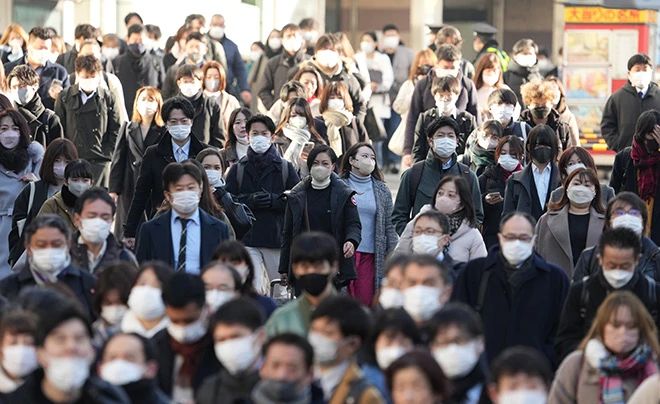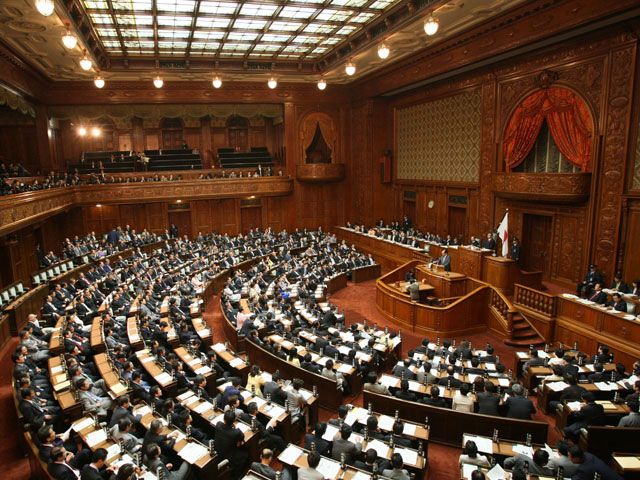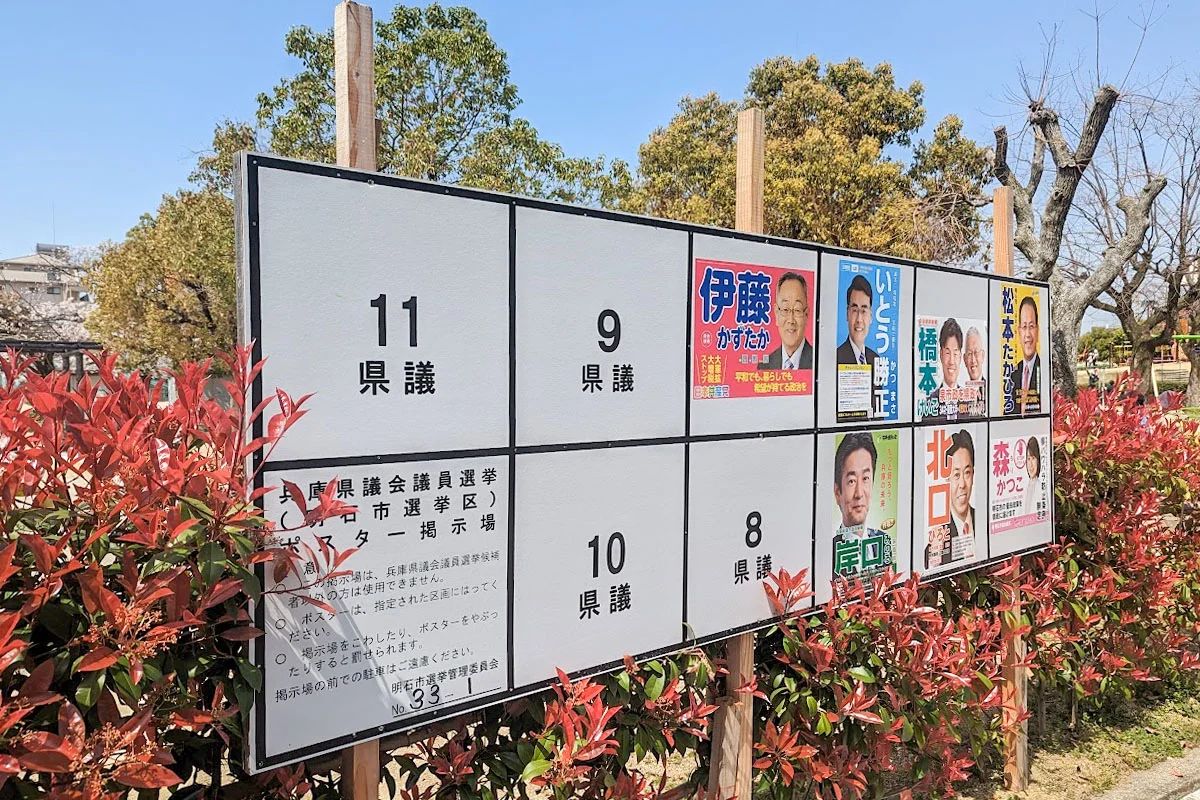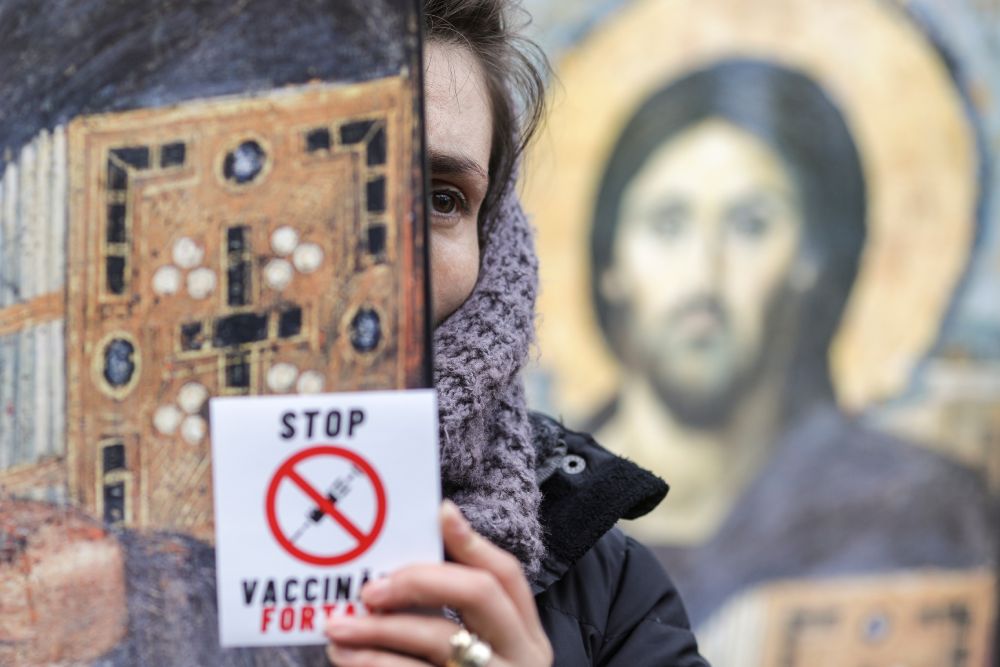Research

Trust and compliance
Project lead: Yosuke SUNAHARA
During the spread of the new coronavirus infection, a major challenge was whether people would take action to follow government directives, such as wearing masks and keeping social distance. Wearing masks is expected to be effective in preventing the spread of infection to others. It is not only an act of individual prevention of infection but also has the nature of a collective action. This study explores how factors that promote collective action, such as trust in others, and individual factors, such as the threat of infectious disease, influence compliance behavior using online survey data collected monthly in a national sample since July 2022.

Trust in healthcare
Project leads: Steve PICKERING and Martin HANSEN
Waiting lists in the UK's National Health Service (NHS) are at a record high. Yet no matter how long the waiting times are for vital services, such as the time spent in Accident and Emergency, or the time for cancer referrals, people still trust the NHS.
In this research, we find that the only significant factors impacting levels of trust in the NHS are people's political beliefs, and the way that they vote.

Trust and Social Dominance Orientations
Project lead: Atsushi TAGO
Social dominance orientation (SDO) has been used extensively in international relations studies in recent years as a possible predictor of specific policy support tendencies. One such argument is that it predicts realism, for which data from the United States have been presented. This study will use data from Japan and the United Kingdom to see how effective SDOs are as a predictor of realism in non-U.S. contexts.

Trust in the police
Project leads: Steve PICKERING and Martin HANSEN
Trust in the police is a cornerstone of society. But when we measure trust, we find disturbing variance. Looking at England, we find that levels of trust in the police are especially low among women living in London. This research examines why.

Government responses to COVID-19
Project lead: Naofumi FUJIMURA
How have governments responded to the COVID-19 pandemic? In governments, as policy-making authority is delegated to ministers, ministers play a central role in policymaking. Consequently, to understand how governments have made policy to respond to the pandemic, it is important to identify ministers’ positions on and policy conflict between ministers over the pandemic. Conducting a text analysis of cabinet ministers’ speeches in the Japanese Diet, we identify individual ministers’ policy positions on a dimension of economy vs. health.

Immigration and public opinion
Project leads: Riku KAWAKAMI and Thomas SCOTTO
Immigration is a contentious issue in both Japan and England, in part due to England's post-Brexit "points-based" system favoring highly skilled workers and Japan's traditionally restrictive migration policies. Yet the governments of both countries implicitly understand the need for immigrants to fill roles in various sectors, especially as demographic shifts pressure labour markets.
By developing a unique conjoint experiment, we explore preferences for immigrants across low and high skilled sectors and find surprisingly nuanced public attitude. English respondents show a greater variation in their preferences by job sector, particularly valuing immigrants in caring professions, likely reflecting the more vigorous and detailed public debate on immigration in Britain compared to Japan's more muted discussion.

Terrorism and political attitudes
Project lead: Naofumi FUJIMURA
In Japan, on July 8, 2022, two days before the House of Councillors election voting day, a terrorist attack occurred in which former Prime Minister Shinzo Abe was shot and killed. We happened to be conducting an awareness survey of the general public from July 6 to 12, before and after the shooting. Using the data from this survey, we can conduct a natural experiment on the impact of terrorism on people's political attitudes by using the respondents before the shooting as the control group and those after the shooting as the treatment group.

Trust, healthcare workers and strikes
Project leads: Steve PICKERING and Martin HANSEN
How much do the public support striking nurses and junior doctors? It turns out people are generally more supportive of these healthcare workers striking than other professionals like postal workers or teachers. Support levels vary by political affiliation, ideology, and trust in the NHS, with non-Conservative, left-leaning individuals, and those with high trust in the NHS more likely to back the strikes. These findings suggest strategic directions for increasing public support for healthcare workers' strikes.

Elections and political efficacy
Project lead: Yosuke SUNAHARA
Do people feel political efficacy more when elections are held? In Japan, many local governments hold elections concurrently during quadrennial unified local elections in April 8, 2023. However, there are some local governments that do not hold elections at the time. In this study, we conduct a survey on political efficacy in March and April to observe whether there is a difference in the sense of political efficacy between local residents that are involved in elections and those that are not.

Trust and human-excretion-based-fertiliser (HEBF): a Japan/ UK comparison
Undergraduate student-led project: Ömer GÖKÇE, Davide HANNA, Markus KNELL, Dayoung LEE, Melody SCALES, Marwan ZEINALABIDIN
Humanity needs food, and to grow that food, we need fertilisers. But fertilisers present enormous environmental impact. Animal manure causes nitrate pollution in soil, groundwater and the atmosphere. Whereas artificial fertilisers account for 1-2 % of global energy consumption and 1.4% of global CO2 emissions.
Human Excretion Based Fertiliser (HEBF), or fertilisers based on human poo, may offer a solution. But we need to know how socially acceptable this solution is. Based on surveys in Japan and England, we find that the Japanese are more accepting of using HEBF for food production, with fewer health concerns, compared to the English. However, English respondents are more open to using HEBF in public parks. We also notice strong gender differences.

Religion and vaccination
Project leads: Steve PICKERING and Martin HANSEN
While many countries have successfully deployed COVID-19 vaccination programmes, there are disparities in their uptake. One factor influencing the success of such programmes is religion. Existing research has found a link between religious beliefs and vaccine hesitancy. This study looks at religious affiliation in England to examine the role of religion in public health. We find that respondents who identify as be part of the Church of England or Methodist religions have had significantly more COVID-19 vaccinations. Conversely, adherents to the Pentecostal, Orthodox Christian, Islamic and Roman Catholic faiths have had significantly fewer COVID-19 vaccinations. These relationships hold even when controlling for other socio-economic factors.
This research demonstrates the significant influence of religious beliefs on vaccine uptake, highlighting the need for more carefully-tailored public health programmes.
